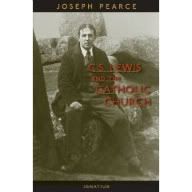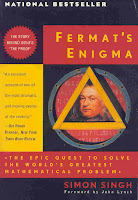C.S. Lewis and the Catholic Church: A Review

The book tries to explain the development of the spiritual convictions of C.S. Lewis, the author of the well-loved fantasy series The Chronicles of Narnia. It presents his journey from Puritanism, to atheism, to theism, to Christianity (Anglicanism), finally to High-Anglicanism and explores the question of why he never converted to Catholicism (to the frustration of many peoples’ hopes and expectations).
I have first encountered C.S. Lewis through the Chronicles of Narnia series. Later on, I read his other works like The Space Trilogy (Out of the Silent Planet, Perelandra, That Hideous Strength), Till We Have Faces and portions of The Four Loves and Screwtape Letters. His writings strike me very much as Christian, and at times, as very Catholic. Even before I discovered J.R.R.Tolkien, I was already a fan of C.S. Lewis. One thing I discovered from some friends is that C.S. Lewis never converted to Catholicism, but what I never found out, until I read this book, was why he never converted, despite having shared and defended many Catholic beliefs such as purgatory and the Holy Eucharist.
The author, Joseph Pearce, is an excellent writer. He analyzes the facts and arguments objectively, pointing out where the errors lie but never attributing more errors than what have actually been committed. His manner of writing is also entertaining and witty. I’d recommend two of his other books: Tolkien: Man and Myth and Literary Converts. In my opinion, Pearce, together with Peter Kreeft, are among the best Catholic apologists of our time.
From the back cover of the book:
“There are many Protestants and Catholics who have been deeply affected and spiritually changed by the writings of C.S. Lewis. There are many converts to Catholicism, some very well known, who credit C.S. Lewis for playing a significant role in their conversion. But the ironic and perplexing fact is that Lewis himself, while “Catholic” in many aspects of his faith and devotion, never became a Roman Catholic. The relationship of Lewis to the Roman Catholic Church is an important and intriguing topic of interest to both Catholics and Protestants. Pearce delves into all the issues, questions, and factors regarding this puzzling question. He gives a broad and detailed analysis of the historical, biographical, theological, and literary pieces of this puzzle.” -James Como





Comments
Post a Comment